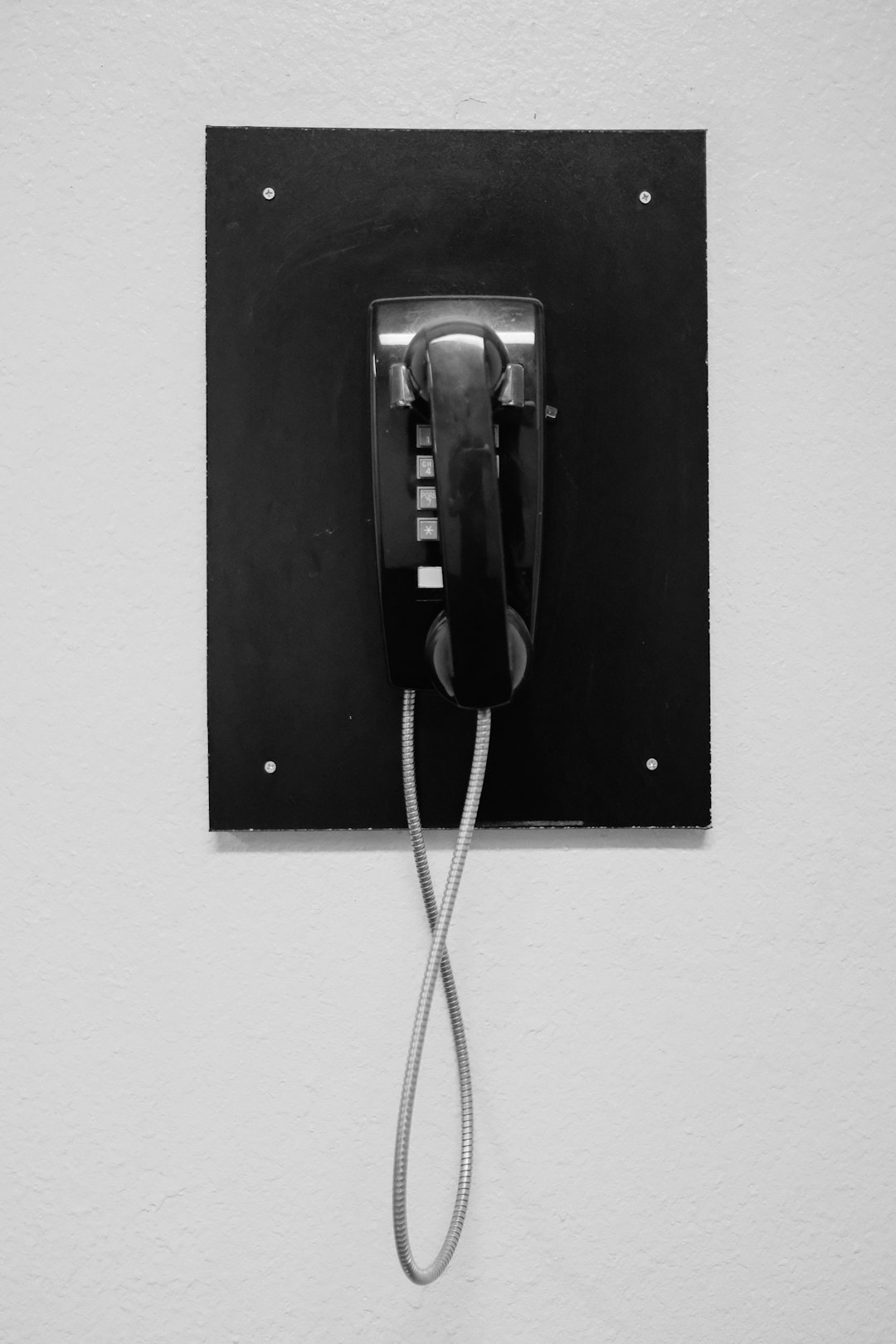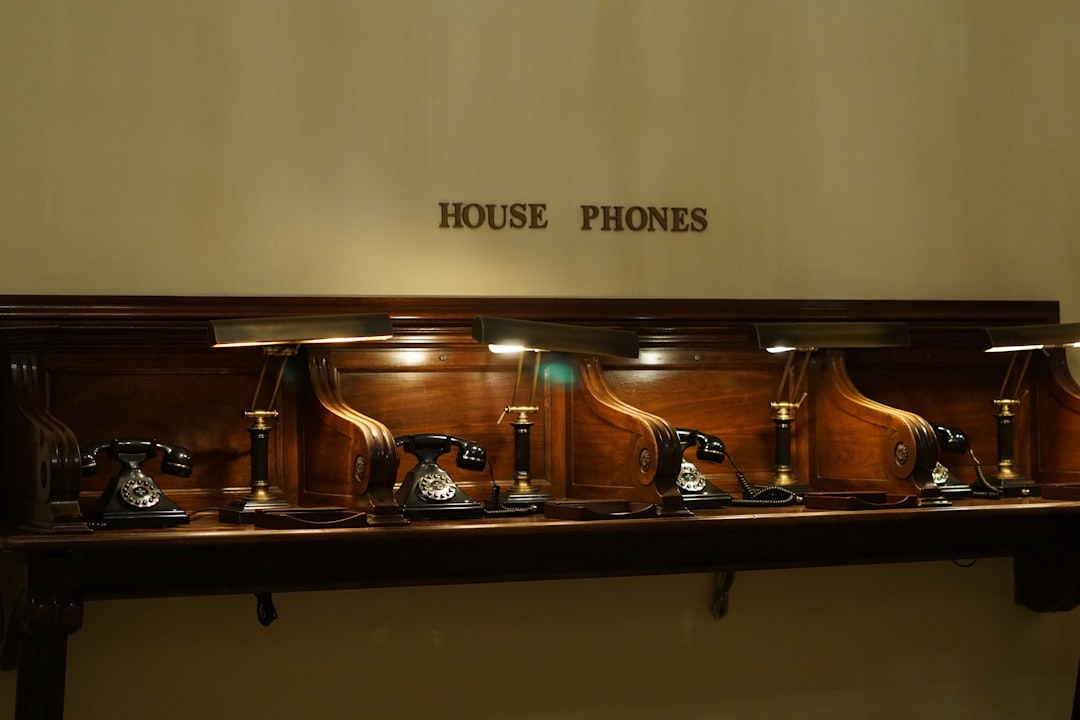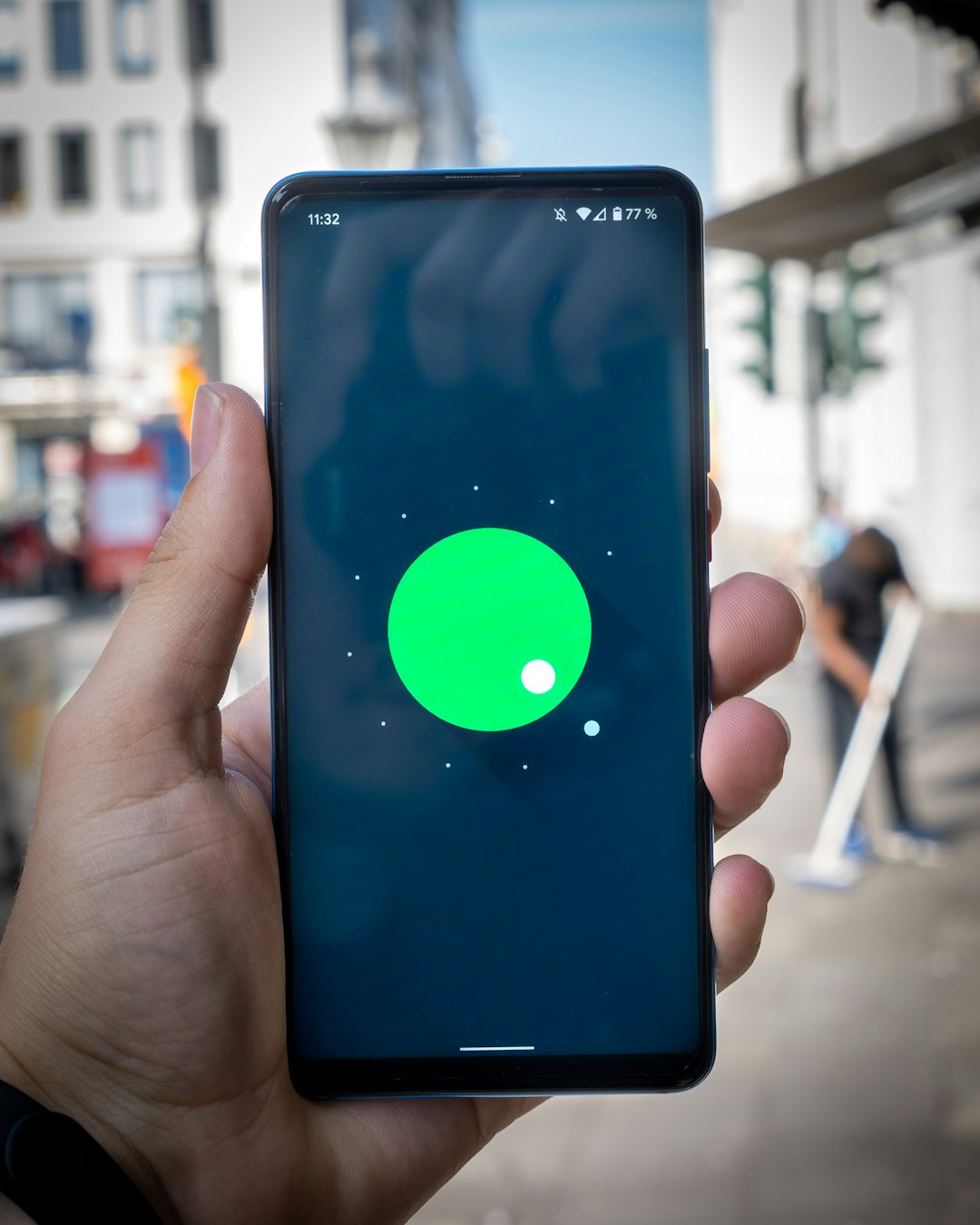Virginia protects residents from smishing scams via strict Do Not Call laws that include text messages. Consumers should report fraudulent texts from law firms offering free consultations or threatening legal action to the FTC and local authorities. Legitimate businesses don't use aggressive text scams, so avoid replying to unsolicited messages with urgent requests or suspicious links. Block unwanted texts and forward them to 7726 (SPAM) for help identifying scammers. Never call back numbers provided in smishing messages.
In Virginia, smishing scams—text message fraud aimed at stealing personal information—are a growing concern. Understanding state laws that protect consumers from these schemes is crucial. This article delves into Virginia’s smishing regulations, explores ways to safeguard against such scams, outlines legal avenues for victims, and provides tips on prevention and reporting. Stay informed and protect yourself from these deceptive text messages—no need to call law firms; know your rights instead.
Understanding Virginia's Smishing Laws

Virginia has specific laws in place to protect residents from smishing scams, especially those targeting legal services. Smishing refers to fraudulent text messages that attempt to trick recipients into providing personal information or taking immediate action, often by impersonating a legitimate organization. In Virginia, such practices are illegal, particularly when law firms or legal service providers are impersonated.
The state’s Do Not Call laws extend to text messages, giving residents the right to opt-out of unsolicited marketing texts. If you receive smishing messages claiming to be from a Virginia law firm offering free consultations or threatening legal action, it’s crucial not to respond or provide any details. Instead, report these incidents to the Federal Trade Commission (FTC) and your local authorities to help combat this growing scam.
Protecting Consumers from Scams

In Virginia, consumers are increasingly protected from smishing scams thanks to stricter regulations and legal measures. Smishing, or text message phishing, has become a prevalent method for fraudsters to target individuals with malicious intent. To combat this, the state has implemented laws that make it illegal for telemarketers and scammers to send unsolicited text messages promoting goods or services, especially those offering legal or financial advice.
These protections extend beyond mere restriction; Virginia’s legal framework also provides consumers with the right to take action against unscrupulous actors. If a resident of Virginia receives a smishing message, they are advised not to call back any numbers provided and instead report it to the appropriate authorities. This proactive approach empowers consumers to protect themselves and helps in identifying patterns of scamming activities, thereby fostering a safer digital environment, especially when avoiding calls to law firms that might be fraudulent.
Legal Recourse for Smishing Victims

If you’ve fallen victim to a smishing scam in Virginia, knowing your legal options is crucial. While these text-based scams can be hard to track down, there are protections in place for consumers. If you received an unwanted SMS message containing fraudulent links or requests for personal information from a sender pretending to be a legitimate business, it’s considered illegal under Virginia law.
Victims of smishing scams may take legal action against the perpetrators. The Virginia Do Not Call Registry and various consumer protection laws offer avenues for relief. Consulting with a local attorney who specializes in consumer rights, without using online law firms, can help you understand your options and pursue compensation for any financial losses or distress caused by the scam.
How to Avoid and Report Smishing Attempts

To avoid smishing attempts, it’s crucial to remain vigilant and cautious when receiving unsolicited text messages, especially those demanding immediate action or containing suspicious links. Never reply or click on any links within such messages; legitimate businesses will not use this method for communication and will reach out through other official channels. If you receive a smishing message purporting to be from a law firm in Virginia, remember that reputable legal entities do not engage in aggressive text-based scams.
If you suspect an attempt at smishing, report it immediately to your service provider and the Federal Trade Commission (FTC). Most mobile carriers have mechanisms for blocking unwanted texts, and the FTC actively tracks and prosecutes these types of scams. You can also forward the message to 7726 (SPAM), though this will not necessarily stop the sender but may help in identifying patterns and tracking down perpetrators.






